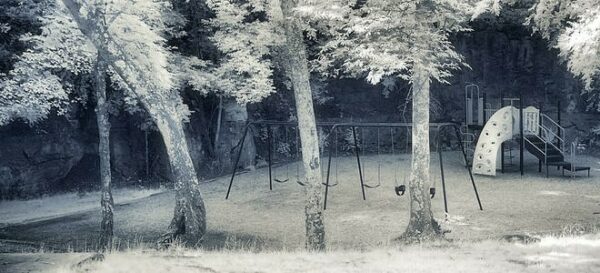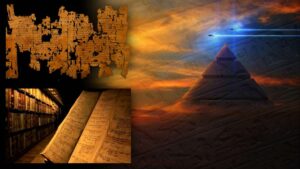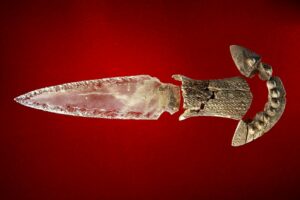The Universe is infinite and is always constantly changing. The planets are endless and their energy too. An example of this is the endless amount of meteorites that fall on ours, many of them are so small that they are not registered by anyone. And many others that can give signals of unthinkable information. For example that on Earth there is what would be a piece of another planet.
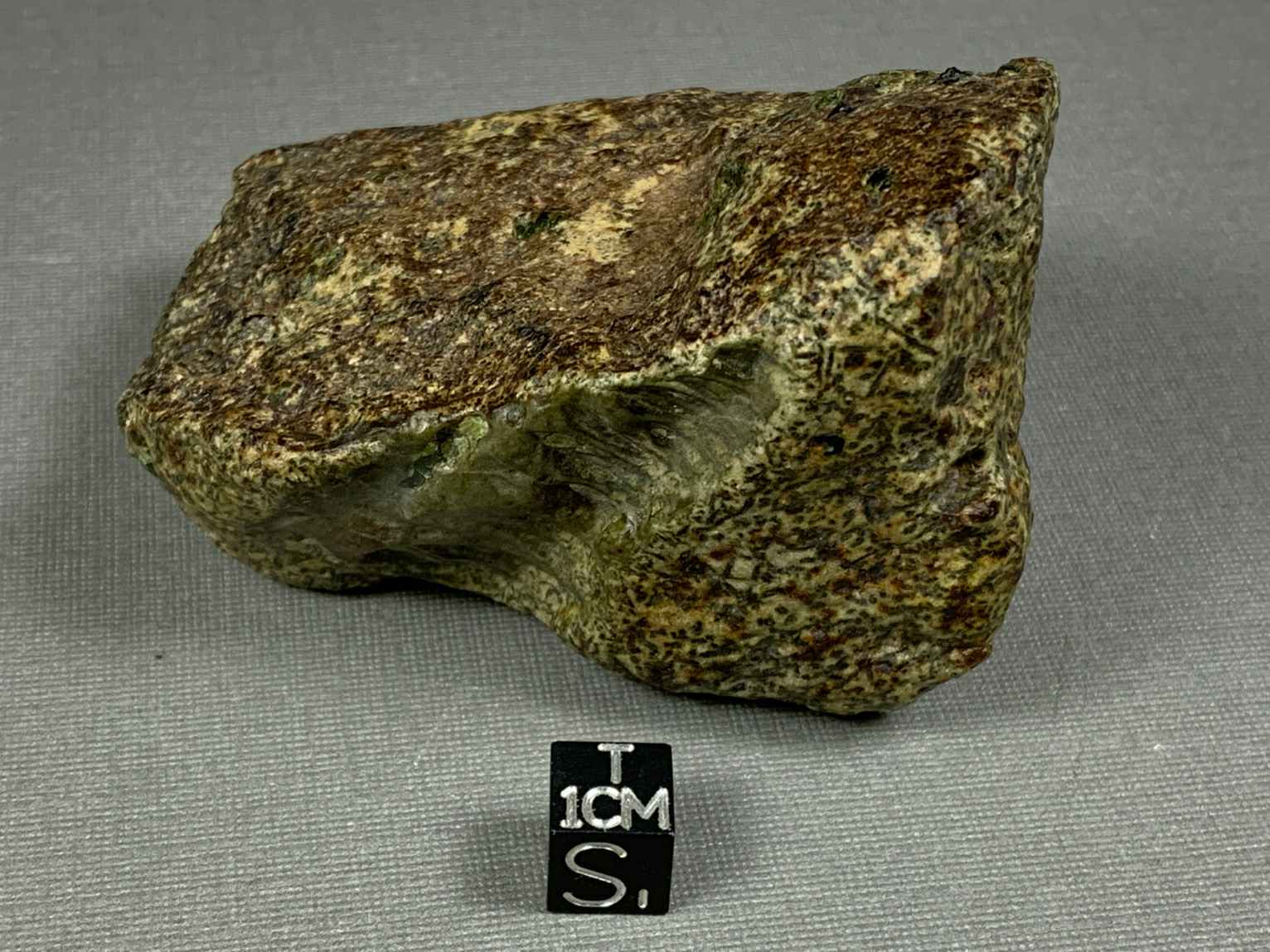
An international team of scientists maintains that a meteorite found in the Sahara desert in Algeria, Northern Africa is a piece of a planet. Specifically, their research notes that it appears to be a remnant of an “ancient protoplanet,” making the space rock an extraordinary curiosity that could offer unprecedented information about the early years of our Solar System. Yes, nothing more and nothing less.
Erg Cheche 002 or EC 002 (as the meteorite was named) was found in May last year along with several chunks of rock weighing 32 kilograms (70 pounds) in the Erg Chech sand sea in southwestern Algeria.
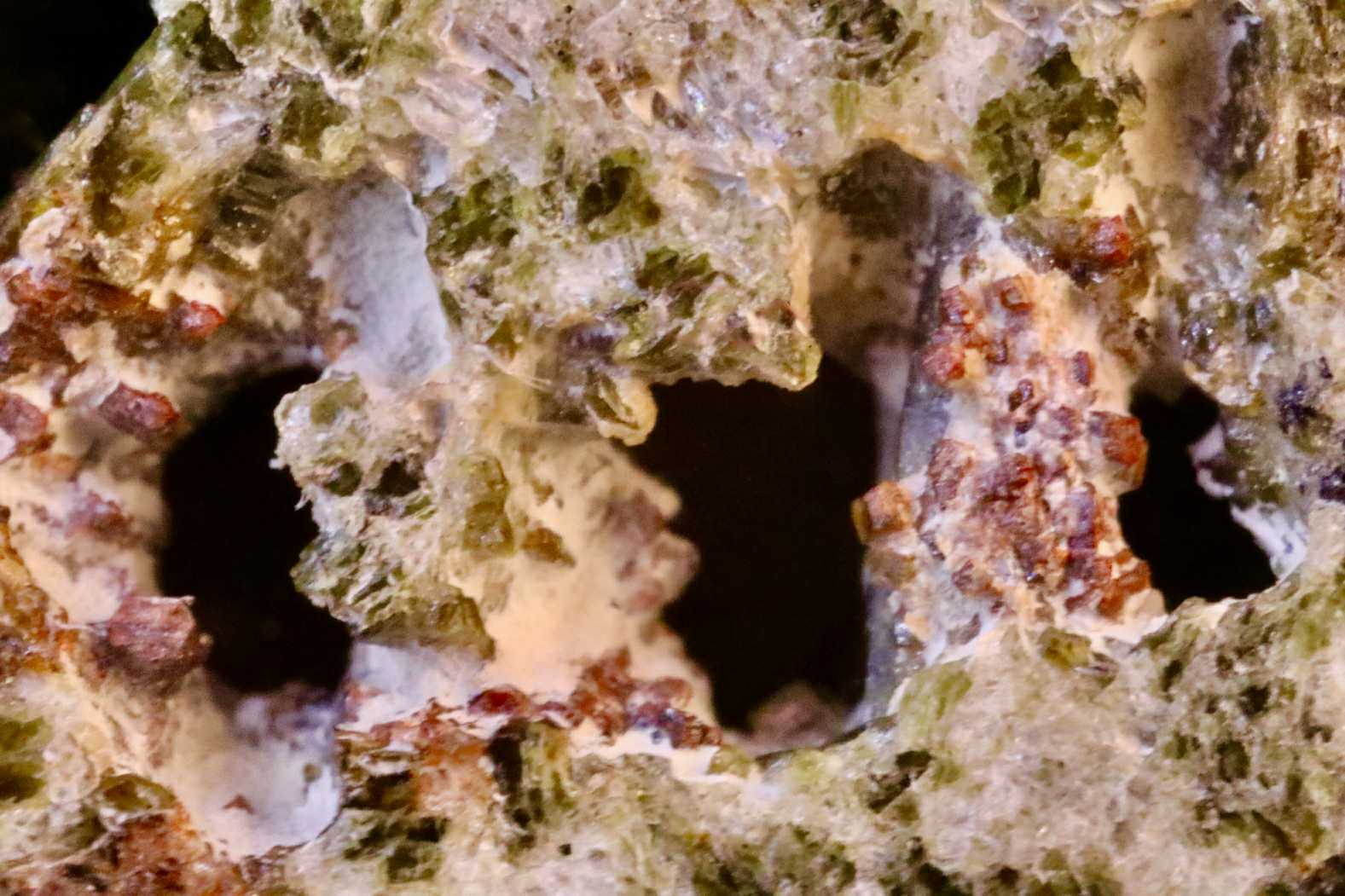
It was identified fairly quickly. Instead of the composition that most recovered meteorites have, which are formed when pieces of dust and rock stick together, their texture was igneous, with inclusions of pyroxene crystals (a mineral made up of calcium, magnesium and iron). It was dark green or black, had a vitreous sheen, typical of eruptive rocks.
This find represents a unique opportunity to study the early stages of planet formation and learn more about conditions in the early days of the Solar System when the planets we know and love today were still forming.
More About EC 002
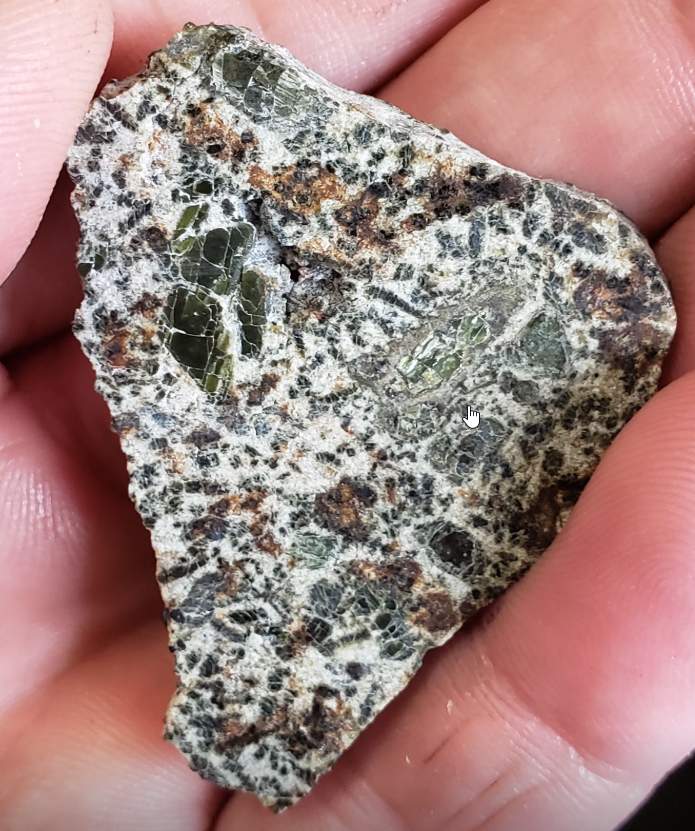
ScienceAlert reports that the asteroid was quickly reported as unusual after its discovery in the Erg Check sand sea on May 2020 as, unlike most meteorites, it had clearly been formed by a volcano, suggesting that originated as part of the crust of a protoplanet, which is something like the “embryo” of a planet, which represents the phase initial stage of its evolution.
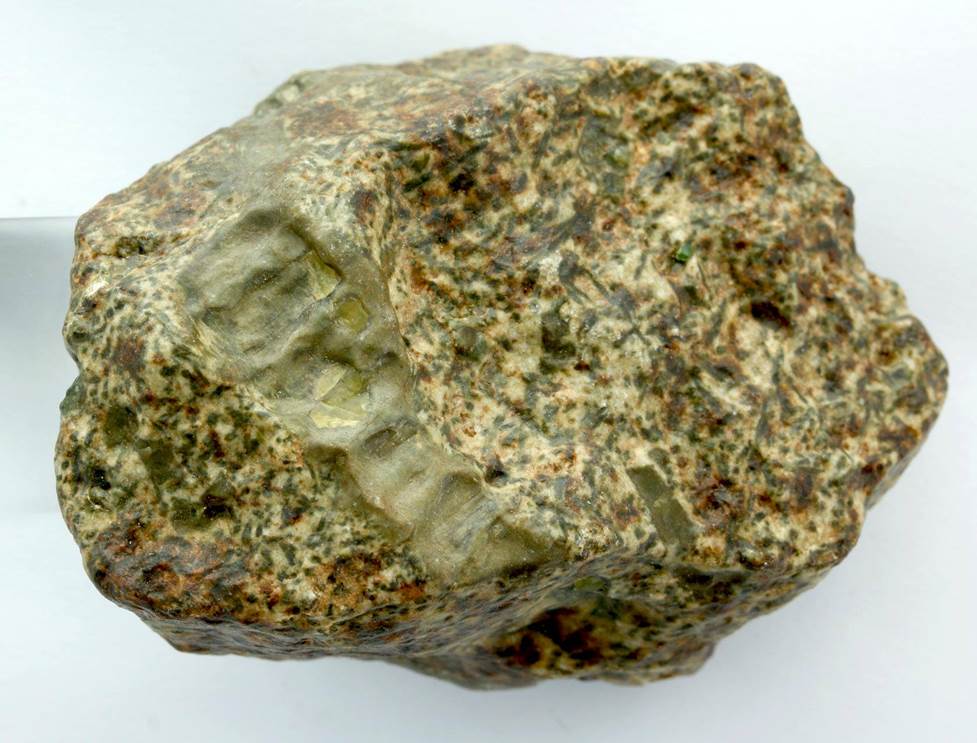
But as described in a new paper published in “Proceedings of the National Academy of Sciences,” an analysis of the radioactive decay of the isotopes in the sample indicates that it formed about 4,566 million years ago. That’s a little longer than Earth has ever existed, which means it’s probably part of a different world, and probably now gone.
It is not clear, from which protoplanet the asteroid could have originated. However, since it is now the oldest magmatic rock ever identified, the researchers wrote in their paper, it is almost certain that it will be the subject of further analysis. And what scientists find by studying the ancient fragment could shed new light on the history of our star system.

